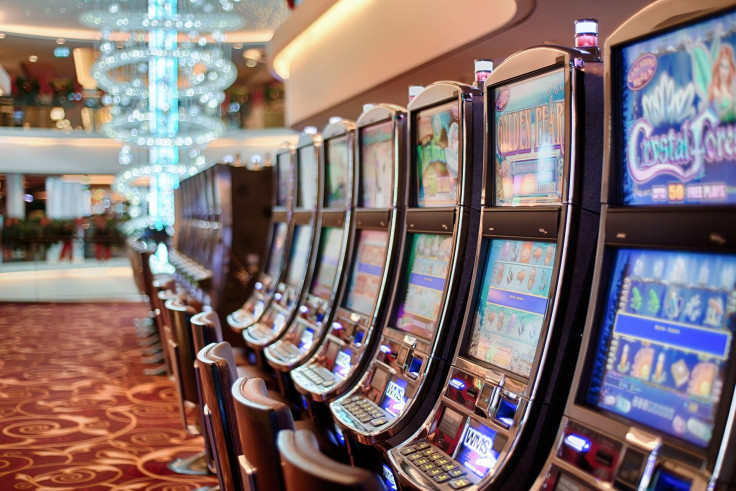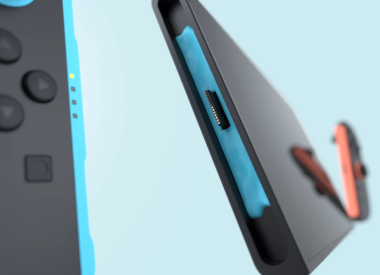Since the middle of May, land-based casinos in the US and in some European and African countries have gradually been going back to business. On June 4, the majority of casinos on the Las Vegas Strip and beyond it opened their doors to players after almost free months of inactivity. Nearby hotels, restaurants, bars, and coffee shops followed their lead and welcomed customers back. Theme parks have also begun to reopen. Universal Orlando was the first of Orlando’s major theme park resorts to reopen. Others amusement parks are adding the finishing touches to their premises, reorganized in accordance with a coronavirus safety plan. Ohio’s amusement parks, Kings Island and Coney Island, will reopen in the middle of June, and Jack Casino will soon let gamblers play slot machines at any time they want . Walt Disney World is also preparing for the opening day.
In other countries land-based casinos remain in quarantine still. Canada and Finland do not consider it feasible to open casinos when coronavirus still presents danger to people’s health. Finnish government’s concern with Finnish citizens’ wellbeing is so sincere that it is prepared to bring monetary disadvantages to the casino industry as long as Finns benefit emotionally and financially. In the times when all countries rely on online gambling to balance out losses suffered by land-based casinos during the pandemic, Finland issues laws that discourage people from digital gambling. It is true that when in March, Veikkaus, the Finnish state-owned casino agency, shut down all land-based casinos, Feel Vegas, and all slot machines across the country, it advised gamblers to move online and use bonuses offered by any of the digital casinos listed on Nettikasinot.com .
Yet now, after 3,000 new customers have joined Veikkaus in the last three months and after Finns’ enthusiasm for online gambling has significantly increased, the Finnish government begins to worry about their addictive gambling and the losses it brings to their families. Motivated to minimize economic, social, and health harm caused by gambling during coronavirus, the government has introduced amendments to online gambling rules. Since 1 May, the maximum loss limit has been lowered from 2,000 euros to 500 euros per month. The maximum daily loss limit was reduced from 1,000 euros to 500 euros. This way, players cannot squander large amounts of money when wagering with virtual casinos. If they lose 500 euros within one day, they will not be allowed to resume playing until the beginning of the next month. These amendments will be in force till the end of September, when, it is hoped, Finnish land-based casinos will be in operation again.
Whether Veikkaus will ever resort to the measures taken now by the American casinos is unclear. Meanwhile, the betting agency can learn how to conduct business in the time of the coronavirus pandemic from their unique experience. The recently reopened casinos are indeed operating under such uncommon conditions that they strike visitors as almost an unfamiliar place. Concerned with people’s safety, the casinos have introduced so many post-coronavirus rules that visiting them these days feels out of the ordinary. People’s temperature is measured at the entrance, and they are often asked to fill in a short questionnaire to prove that they are not infected. Entry is denied to those customers who are ill or do not wear face masks.
Inside, the casinos are unusually empty, because in order to keep physical distancing between customers, managers allow fewer of them to get in at the same time. At blackjack tables, three seats out of six are taken out. The tables are also covered with Plexiglas so that they are cleaned more comprehensively. Cards, dice, and craps are sanitized before they are passed to a player’s opponent. The same Plexiglas segregates players from one another and from bartenders behind the bar. Whenever they turn, visitors see signs warning them to keep physical distancing and asking them to wash their hands thoroughly. This they can do not only in bathrooms but also in newly installed handwashing stations, with water, soap, or hand sanitizers, located now on every floor. In public washrooms, soaps and creams are not displayed on trays, as they used to be displayed before the pandemic, but are offered to customers sealed in plastic bags. Dirty bedding in hotels is packed into bags, too, before being brought to laundry. If customers exhibit any coronavirus symptoms, their rooms are sanitized properly and are kept empty for 48 hours before another person moves in.
The casinos’ sincere endeavors to prevent the spread of the disease among its visitors and employees are commendable. It is hoped that their efforts will pay off and that they will succeed in keeping coronavirus in check. The second wave of the coronavirus pandemic would wreak havoc on the world which would be difficult to justify by the casinos’ present desire to cut their losses.

















